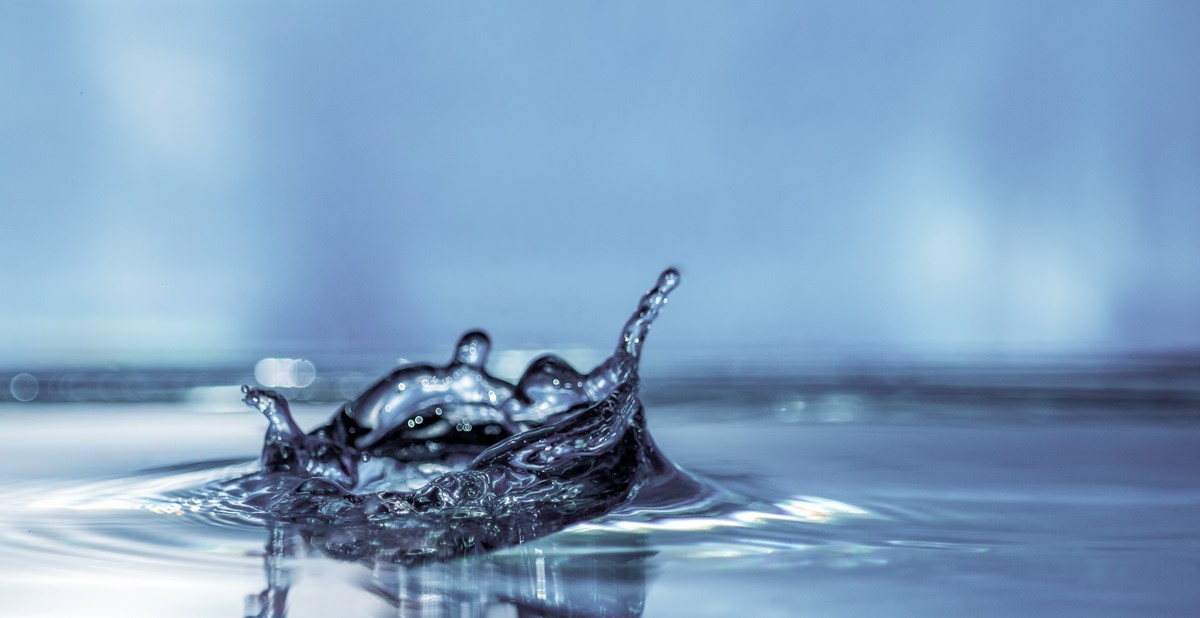Market Share: ‘Reinventing’ Single-Use Plastic Bottles

Kai Dahms / Unsplash.com
In recent years, many individuals, companies, nonprofit organizations and government entities have made efforts to reduce the amount of waste from discarded plastic water bottles—and it’s a major endeavor. Every day in the U.S., more than 70 million plastic water bottles are thrown away, according to the Container Recycling Institute. To put that in perspective, that’s roughly one bottle for all the residents of California and Texas—and millions of them sadly wind up littering local communities, roadways and water channels.
There have been many efforts taken to reduce the amount of waste from plastic water bottles. But one Culver City, California, start-up is tackling the challenge head-on by manufacturing water bottles that are 100-percent biodegradable, with potential to truly reinvent the single-use market. Cove will conduct a soft launch of its product this month and release the bottles in stores in January 2021. The bottles are made using a polyhydroxyalkanoate (PHA) biopolymer, a naturally occurring microorganism made by plants, animals and humans, and is produced similarly to the fermentation process of beer or yogurt. The PHA used in Cove bottles is made from food waste, and the bottles are biodegradable, compostable and FDA-approved. They are designed to decompose naturally and are estimated to take five years, at most, to fully break down, a process that’s based on surrounding conditions such as temperature and level of precipitation. On the contrary, ordinary plastic water bottles take about 450 years to biodegrade, according to data from the National Oceanic and Atmospheric Administration, during which harmful toxins are emitted into the environment.
Cove is not the first company to manufacture biodegradable water bottles for consumer retail, but it is, perhaps, the first to do so using these materials. Paper Water Bottle, a start-up that was funded through KickStarter, produces a bottle made from a pulp mixture of bamboo, husks, bulrush, wheat straw and sugar cane, and the cap is made using 100-percent recycled resin. VeganBottle, manufactured by Chaniers, France-based Lyspackaging, is 100-percent biodegradable and recyclable, and made from a plant-based bioplastic. Raepak, a company in Norwich, England, manufactures a biodegradable water bottle made from a polymer sugarcane plastic. This new product introduced by Cove brings another plastic alternative to the U.S market, offering a greener alternative to consumers, and leading the way in greener consumer products—and one that may encourage further innovations and environmental action as well.
–––––––––––––––––––––––––––––––––––––––––––––––––––––––––––
Danielle Renda is associate editor of PPB.

